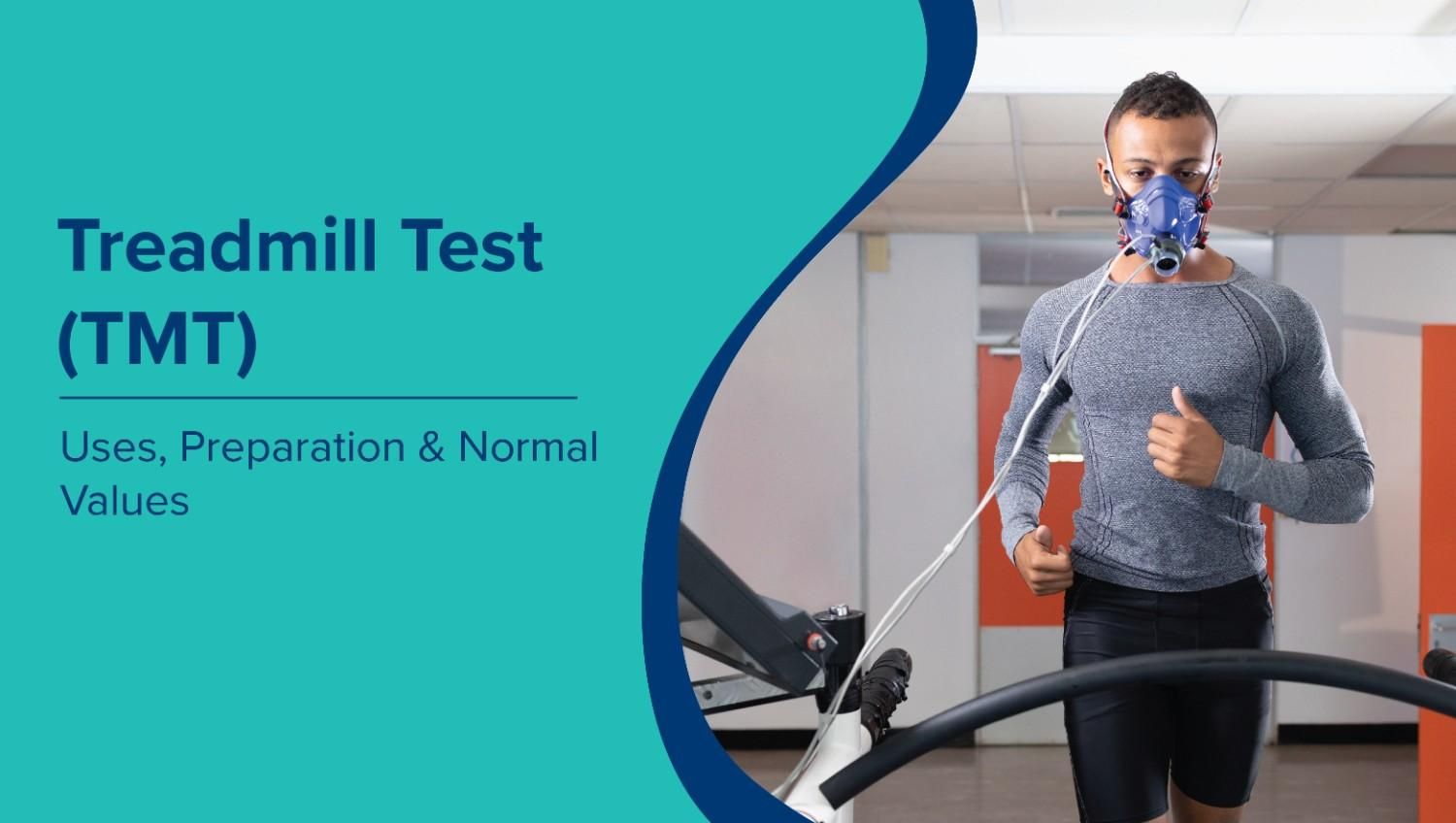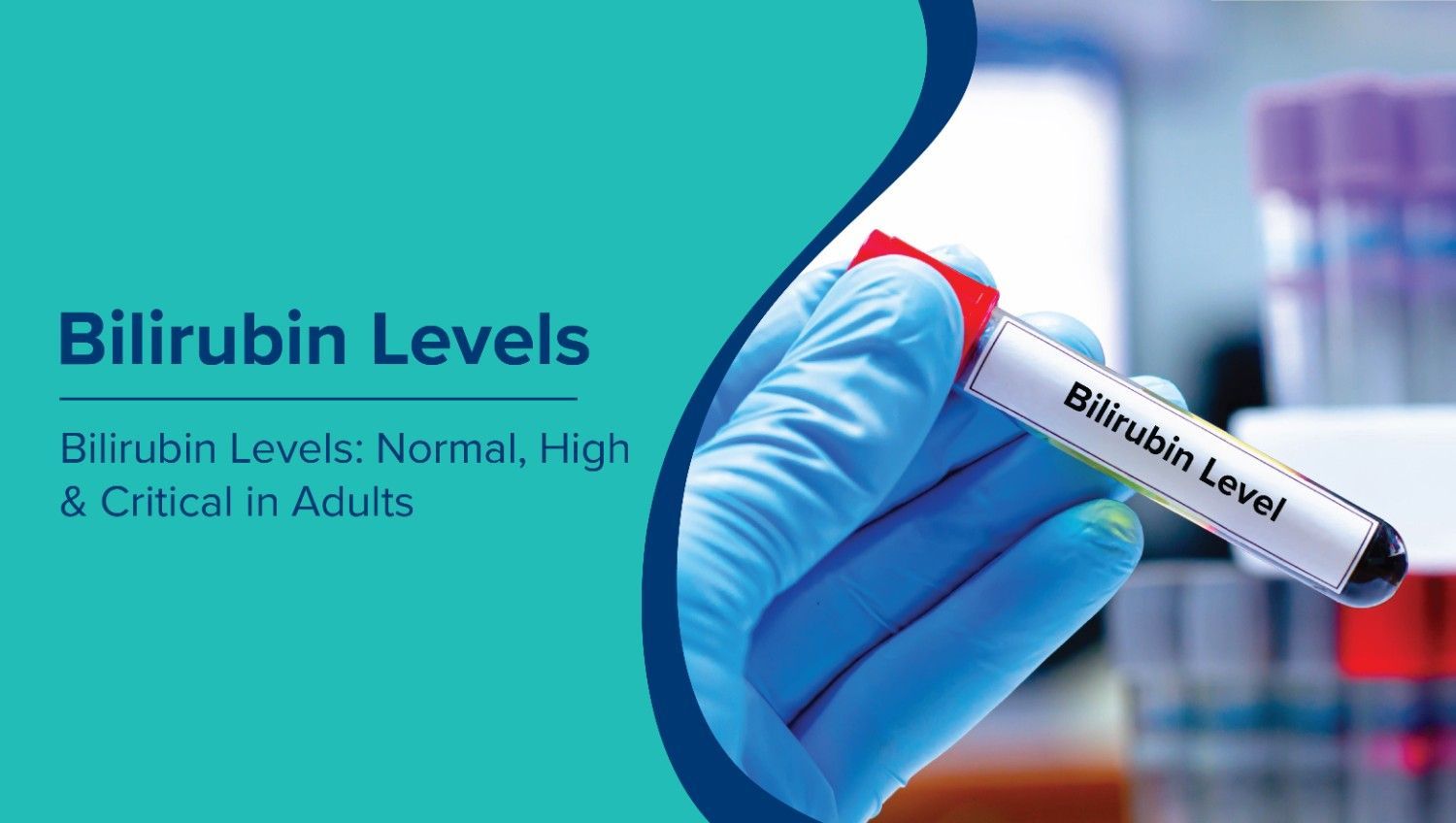Early screenings during pregnancy play a vital role in monitoring the baby’s development and detecting potential risks. The double marker test in pregnancy is one such important blood test. Typically done in the first trimester to assess the risk of certain chromosomal abnormalities, it is non-invasive, safe, and offers valuable insights that help expecting parents and doctors make timely and informed decisions.
MaxAtHome brings this essential test to the comfort of your home, making it easier for expecting mothers to get tested without the stress of travelling to a lab. In this article, we explain the purpose of the double marker test, when it should be done, how results are interpreted, and how MaxAtHome makes prenatal screening more accessible and reliable. Let’s begin by understanding the basics.
Why the Double Marker Test is Important for Early Pregnancy Care
The double marker test is an important part of prenatal care, especially during the first trimester. It helps assess the likelihood of certain chromosomal conditions such as Down syndrome (Trisomy 21) and Edwards syndrome (Trisomy 18) in the developing baby. While the test does not provide a diagnosis, it categorises risk levels as low or high, allowing doctors to decide if further testing is needed. Doctors often recommend the test for:
-
Women aged 35 or older
-
Pregnancies conceived through IVF or assisted methods
-
Those with a family history of genetic disorders
-
Pregnant individuals with either abnormal ultrasound findings or a history of previous pregnancy complications
By identifying potential concerns early, the double marker test supports better planning and peace of mind. With MaxAtHome, expecting mothers can undergo this screening from the comfort of home, making timely testing easier and more convenient.
Timing of the Double Marker Test and Why it Matters
The double marker test is ideally performed between 11 and 14 weeks of pregnancy. This specific window is chosen because it aligns with the first trimester screening phase, when key developmental markers can be accurately assessed. During this period, levels of the two key proteins, free Beta-hCG and PAPP-A (Pregnancy-Associated Plasma Protein A), can be measured to determine the baby's risk of chromosomal abnormalities.
When combined with nuchal translucency (NT) scan findings, the test results become even more meaningful. However, even when done alone, the double marker test offers valuable risk indicators.
Timely testing ensures that if any follow-up assessments are needed, they can be carried out in the early stages of pregnancy. MaxAtHome helps ensure you don’t miss this critical window by offering at-home sample collection that fits easily into your schedule.
How the Double Marker Test is Done at Home
The double marker test is a simple blood test that does not require fasting and takes only a few minutes to complete. At MaxAtHome, the entire process is designed to be safe, hygienic, and convenient, ideal for expecting mothers who prefer to avoid travel and long waiting times.
Here’s how it works:
- A trained phlebotomist visits the home at the scheduled time.
- A small blood sample is collected from a vein in the arm using sterile equipment.
- The sample is then sent to a NABL-accredited laboratory for analysis.
- Results are typically available within 24 to 48 hours and shared digitally via email, WhatsApp, or the MaxAtHome platform.
There is no special preparation needed. The test can be done at any time of day, making it easy to fit into your routine.
Understanding Double Marker Test Results and Risk Indicators
The double marker test results measure the levels of two key substances in the mother’s blood:
-
Free Beta-hCG (Human Chorionic Gonadotropin): A hormone produced during pregnancy
-
PAPP-A (Pregnancy-Associated Plasma Protein A): A protein essential for placental development
The combination of these values, along with the mother's age and gestational age, helps determine whether the pregnancy falls into a low-risk or high-risk category for certain chromosomal abnormalities.
-
A low-risk result means that the chance of conditions such as Down syndrome is minimal, and usually no further testing is required.
-
A high-risk result indicates a greater probability and may lead to additional testing, such as NIPT (Non-Invasive Prenatal Testing) or diagnostic procedures.
It’s important to understand that this is a screening test, not a diagnosis. Many women with high-risk results go on to have healthy pregnancies. Doctors interpret the report based on the full clinical picture, including ultrasound findings and medical history.
What to Do if the Test Indicates High Risk
A high-risk double marker test result does not mean that the baby definitely has a chromosomal condition. It simply suggests a higher probability, based on hormone levels and other risk factors. In such cases, doctors usually recommend additional tests to confirm or rule out any concerns.
Next steps may include:
-
Non-Invasive Prenatal Testing (NIPT): A highly sensitive blood test that further analyses foetal DNA.
-
Genetic counselling: To discuss risks, options, and understand the results in detail.
-
Diagnostic procedures: Such as amniocentesis or chorionic villus sampling (CVS) may be advised in select cases, depending on the overall clinical picture.
These follow-up steps help expecting parents make informed decisions. MaxAtHome ensures the testing is as convenient and accessible as possible, giving families timely insights to support further care.
Why Choose MaxAtHome for the Double Marker Test
Getting essential pregnancy tests shouldn’t come with added stress. MaxAtHome makes it easier for expecting mothers to prioritise health and comfort by offering reliable at-home diagnostic services. Here’s why MaxAtHome is a trusted choice for the double marker test:
-
Home Sample Collection: Trained phlebotomists visit your home at a convenient time, ensuring a hassle-free experience without the need to visit a diagnostic centre.
-
NABL-Accredited Labs: All samples are processed through certified laboratories to ensure precision and quality in every report.
-
Fast Digital Results: Reports are delivered within 24 to 48 hours via WhatsApp, email, or the MaxAtHome digital platform for easy access and timely follow-up.
-
Widespread Availability: Services are offered in Delhi-NCR, Mumbai, Chandigarh, and other major cities, bringing trusted care closer to home.
With MaxAtHome, you can stay on track with important prenatal screenings, comfortably, safely, and on your schedule.
Book the Double Marker Test Today
Early screening helps provide clarity and confidence during pregnancy, especially when decisions need to be made in the first trimester. With MaxAtHome, you can access expert testing without the need to visit a lab or wait in queues.
Schedule the test online through our easy-to-use booking platform or call 09240299624 to arrange a home sample collection at your convenience.
Frequently Asked Questions
Is the double marker test in pregnancy mandatory?
The double marker test in pregnancy is not mandatory but is strongly recommended for women over 35, those with high-risk pregnancies, or if suggested by the doctor based on ultrasound findings. It helps in early detection of genetic risk.
Can the double marker test be done without the NT scan?
While the test can be done independently, combining it with a nuchal translucency (NT) scan increases accuracy in assessing risk levels for chromosomal abnormalities.
How accurate are double marker test results?
The test provides a risk estimate, not a diagnosis. It is highly effective as a screening tool, especially when combined with ultrasound findings and other clinical data.
Is fasting required before the double marker test?
No, fasting is not needed. The test involves a simple blood sample and can be scheduled at any convenient time through MaxAtHome.
Can IVF or twin pregnancies affect the results?
Yes, hormone levels may vary in IVF or twin pregnancies. These factors are considered during interpretation, and your doctor will evaluate the report accordingly.
How soon will I receive my double marker test report from MaxAtHome?
Reports are usually delivered within 24 to 48 hours through WhatsApp, email, or the MaxAtHome digital platform.
How much does the double marker test at home cost?
The double marker test price may vary depending on the city, laboratory, and whether it's booked as part of a prenatal package. MaxAtHome ensures transparent pricing with no hidden charges, along with the convenience of home sample collection. For the latest cost in your area, you can call 09240299624 or check the MaxAtHome booking platform online.















